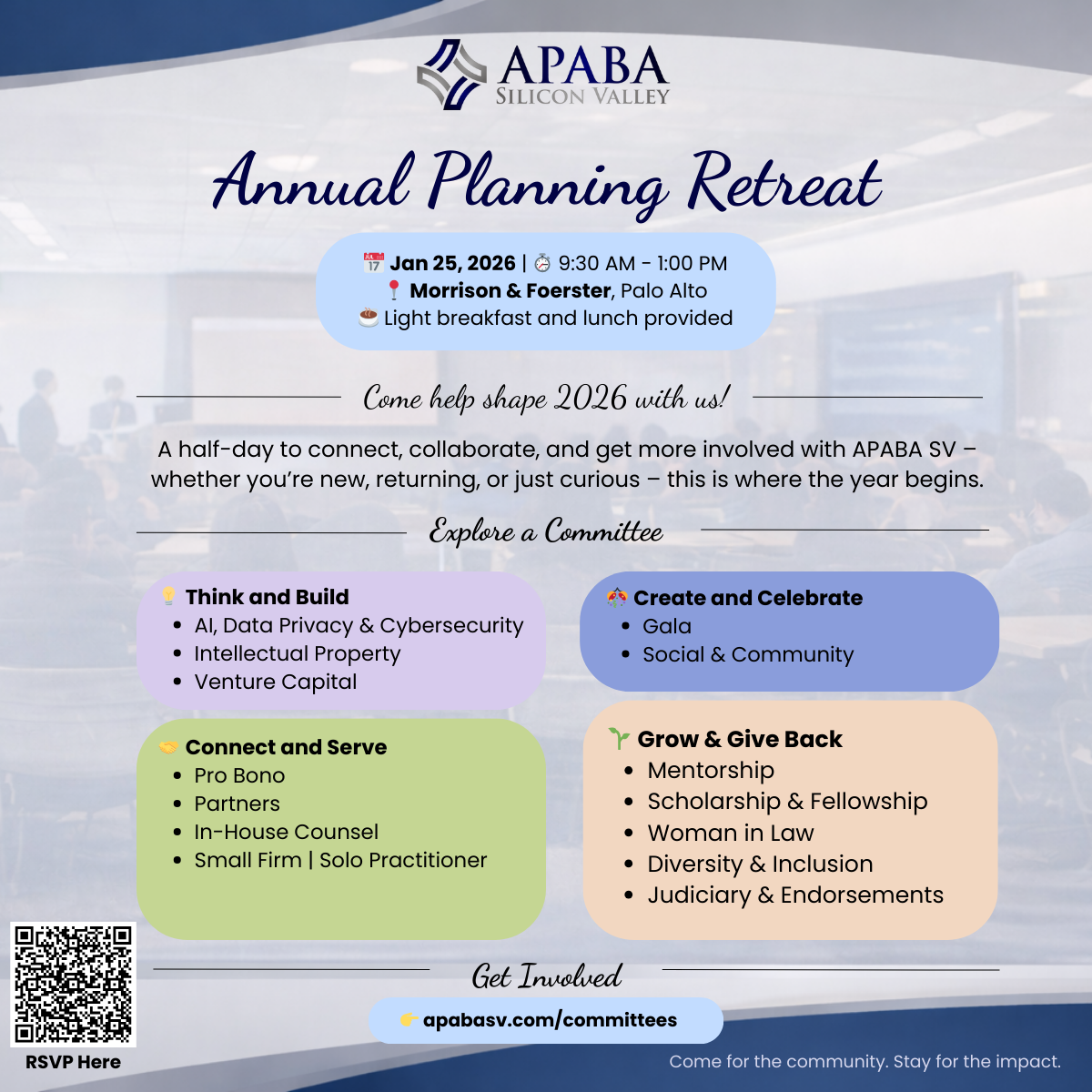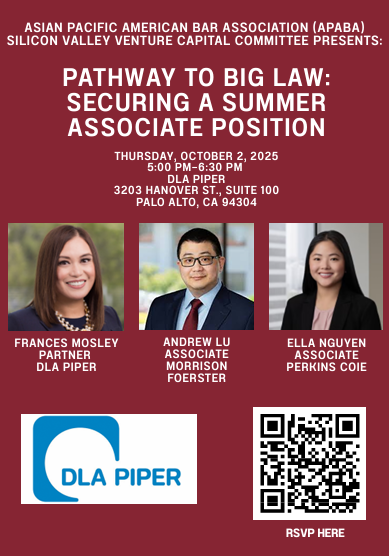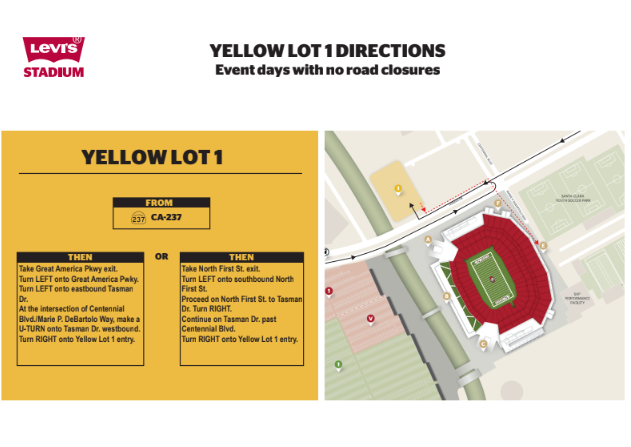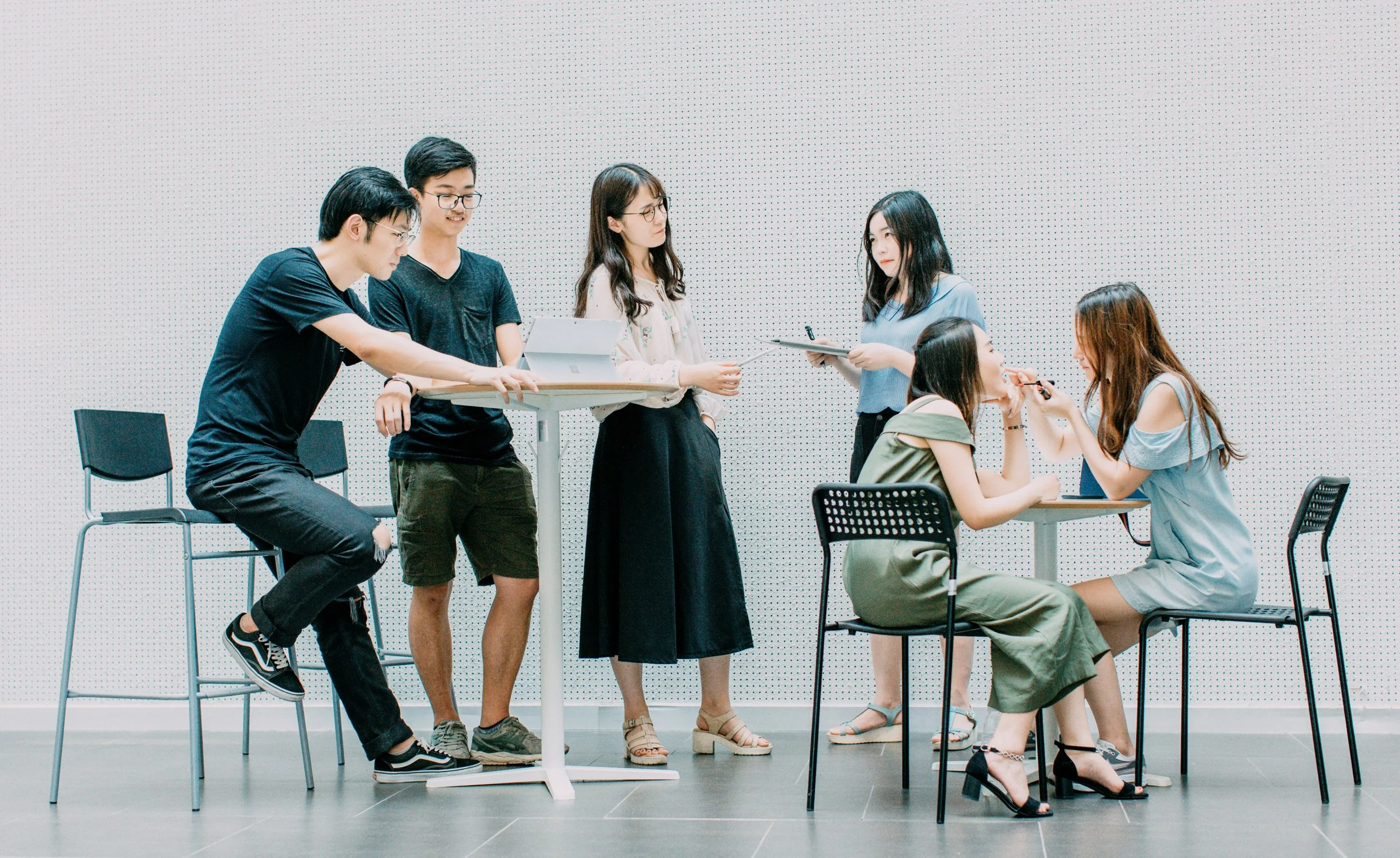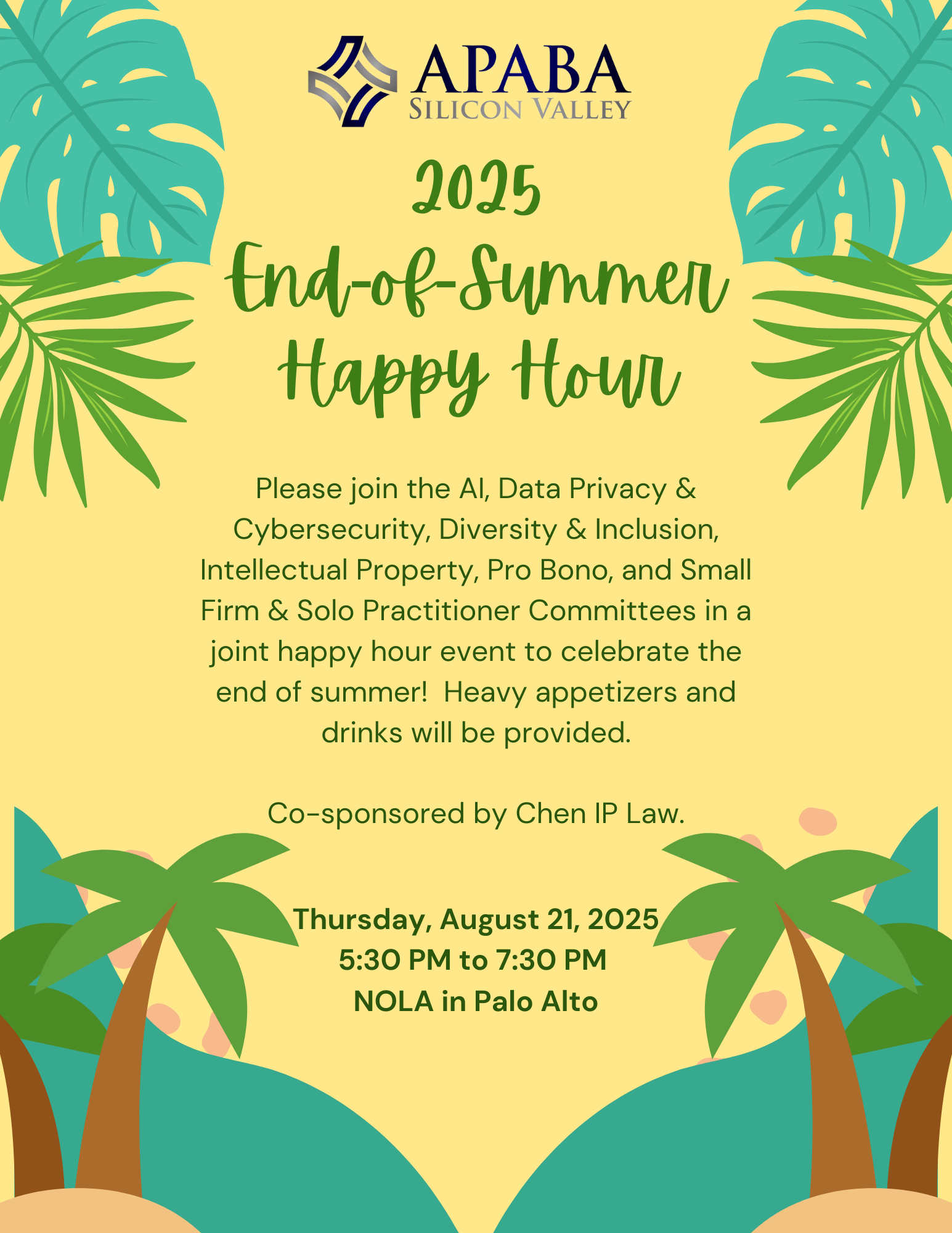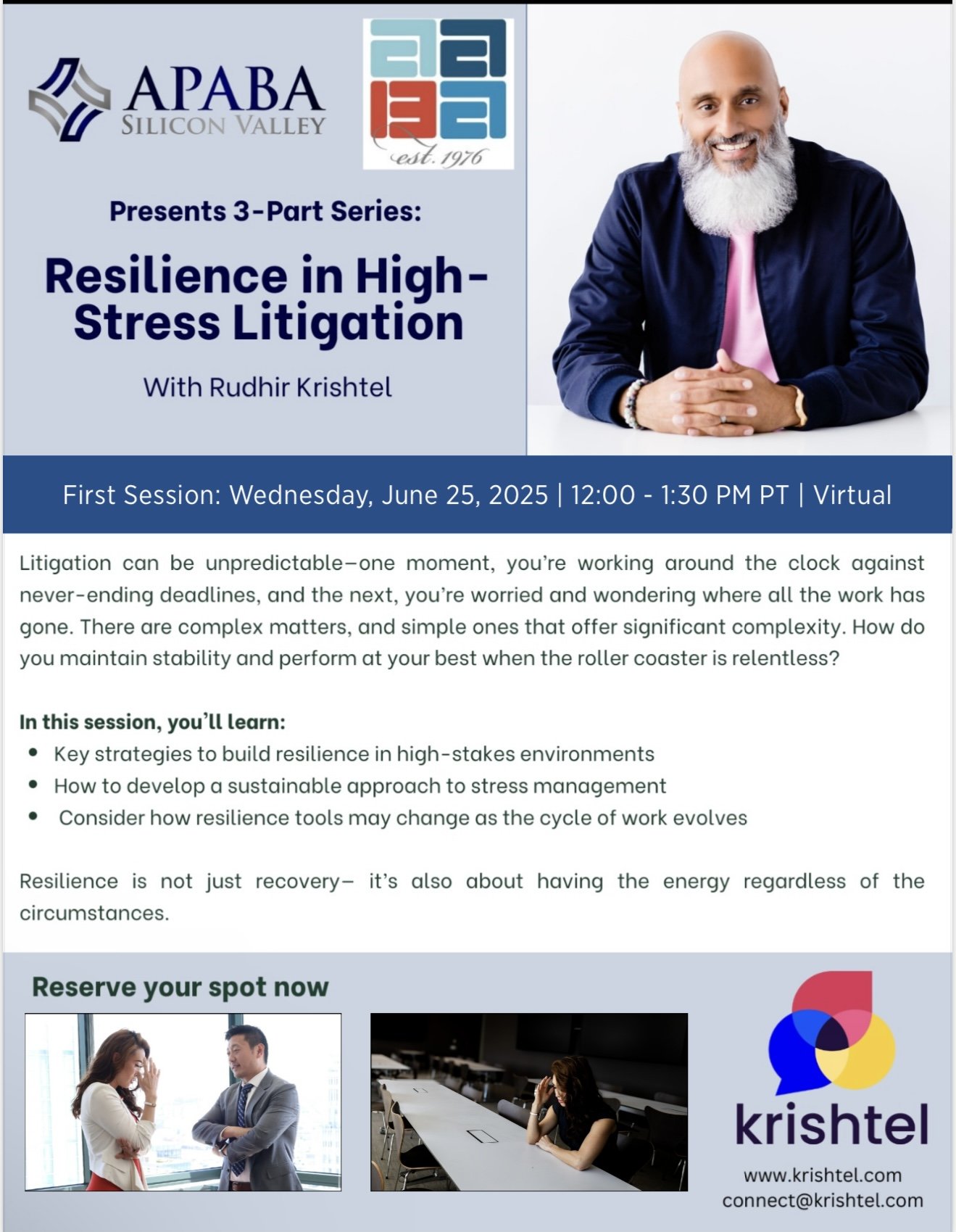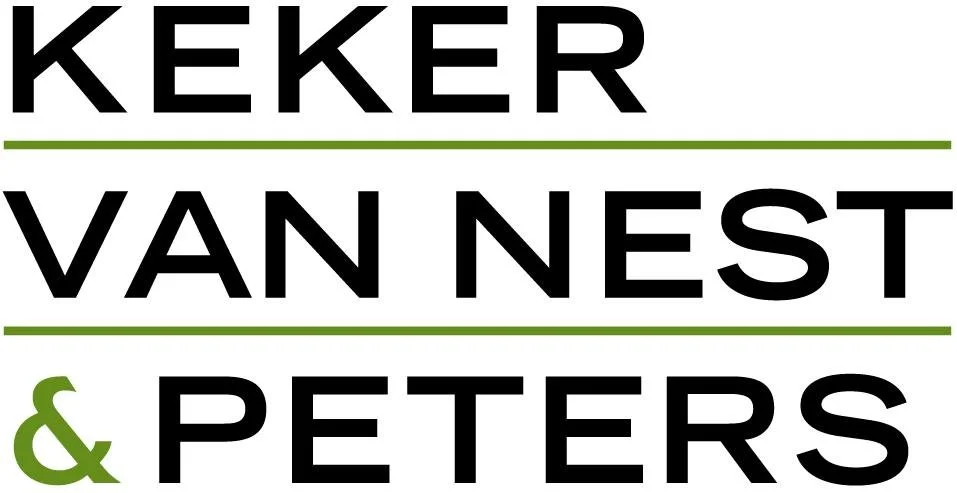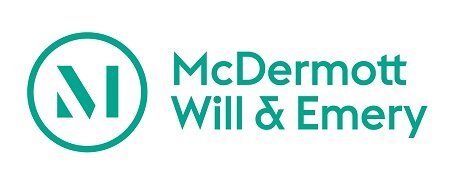Modern electronic devices (phones, computers, audiovisual players, autonomous cars, IoT devices, etc.) are able to communicate with each other and process information because they comply with a common set of technical standards. Those standards include cellular, WiFi, audiovisual encoding/decoding, and other emerging areas. Not surprisingly, companies that developed the technologies in the standards, and have patents covering their use, are chasing implementers to enter royalty-bearing license agreements. Historically, the rules around the licensing and litigation of SEPs have not been well defined. The standards bodies’ policies do little more than require that patent owners offer licenses on reasonable and non-discriminatory (RAND) terms. The absence of clarity and detail has led to many hundreds of millions of dollars in concurrent worldwide litigation. Finally, rules are starting to be developed, as a result of such litigation and some government efforts to establish relevant guidelines. Those developing rules & guidelines are overlapping — but not identical — across the US, Europe and Asia. As licensing spreads across the entire IoT ecosystem, you will need to understand the evolving legal frameworks to maximize your ability to negotiate licenses (and litigate) without creating undue risk.
Panelists:
Joseph Yang (PatentEsque Law Group, LLP): Joe Yang is an IP transactions partner at PatentEsque, an expert witness for high stakes litigation, and a Lecturer at Stanford Law School. He specializes in the intersection of commercial and patent law, IPR allocation, and cross-industry deals. Joe is recognized by Chambers, IAM, and SuperLawyers. He was formerly VP & General Counsel of Cryptography Research and Counsel at Skadden Arps. Joe is a board member of the Licensing Executives Society (Silicon Valley) and APABA SV. He has a PhD (Caltech) and a JD (Stanford).
Thomas Chia (Nautira, LLC): Thomas Chia is President of Nautira, a firm advising clients on a range of patent strategy and licensing matters. He also teaches on the business and law of patent licensing at the University of California, Berkeley School of Law. Before founding Nautira, Dr. Chia was Vice President at Via Licensing Alliance, a leader in patent pools and other licensing programs. He has been recognized as a top global IP strategist by IAM since 2017 and holds his PhD (Yale) and a JD (Berkeley Law).
Ken Kumayama (Skadden Arps Slate Meagher & Flom LLP): Ken Kumayama focuses on transactional matters involving intellectual property, technology, and privacy. He advises clients on a wide range of technology and commercial transactions, including IP monetization, development and license agreements, co-development, and patent licensing. The Daily Journal has repeatedly recognized him as a leading technology lawyer in California, naming him a 2023-2025 Top Intellectual Property Lawyer, a 2022 Top Cybersecurity Lawyer, and previously a Top Artificial Intelligence Lawyer.
Ben Liu (Skadden Arps Slate Meagher & Flom LLP): Ben Liu is an IP Litigation associate. Before Skadden, Ben was a judicial law clerk to Judge Freeman of the U.S. District Court for the Northern District of California, where he worked on patent cases. Ben previously practiced at Irell & Manella LLP, on IP litigation and transactional matters. Ben received his J.D. from the George Washington University Law School, winning the prize for highest overall excellence in patent and IP. During law school, Ben also served as a judicial intern Judge O’Malley of the U.S. Court of Appeals for the Federal Circuit.
RSVP here: https://insights.skadden.com/41/6980/landing-pages/rsvp-(blank).asp
